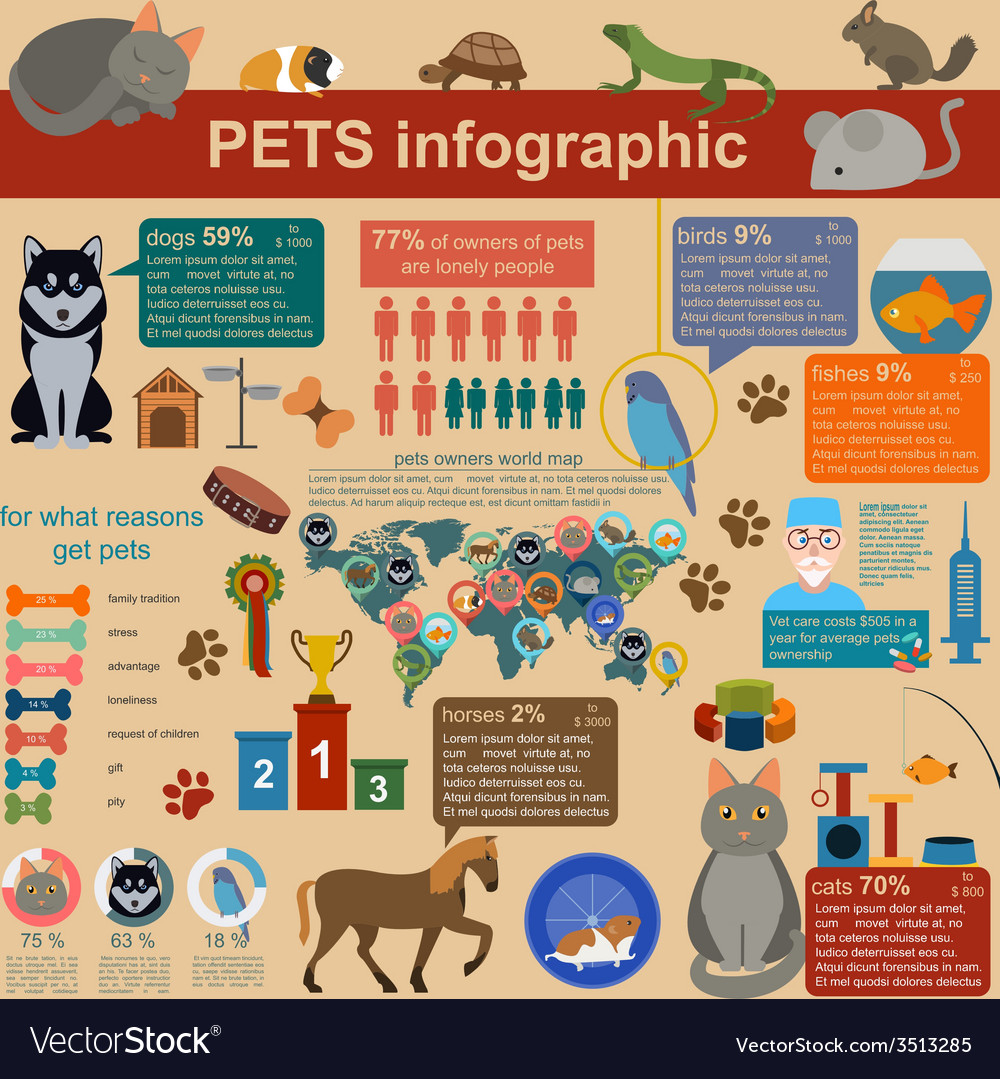Can Introverted Dogs Do Daycare
What Vaccinations Are Needed For Dog Childcare?Whether your canines hang around at day care or boarding centers, they need to be updated on every one of their required inoculations. Core vaccines include Bordetella, rabies and DA2PP, which defend against common illness that pets are exposed to when in close contact with others.
Non-core vaccinations include canine influenza and leptospirosis shots. These are advised for pups that mingle with other pet dogs regularly.
Core Vaccines
As a vital part of preventive care, pet dog vaccinations aid keep canines secure from transmittable diseases transferred via straight contact or polluted surface areas. Vaccinations stimulate the immune system to produce antibodies that deal with condition, and most vets think about core pet dog vaccinations to be essential for all animals.
Rabies
A lot of reputable canine childcare centers require that your pet be up to date on their rabies vaccination. Vaccinations are provided to pups as very early as 12-16 weeks old, and boosters are required every 3 years approximately until adulthood. Rabies is a fatal viral disease that spreads through saliva, usually from bites. Many states need rabies inoculations for all pet dogs and felines, and some also mandate rabies boosters for pet dog proprietors.
Distemper/Parvovirus/Adenovirus (DHPP).
This combination injection covers canine distemper, parvovirus, hepatitis, and adenovirus, every one of which are extremely transmittable. The majority of veterinary offices offer DHPP injections as one shot or in a series of two to 4 shots, provided 2-4 weeks apart, adhered to by a yearly booster. This vaccination is a requirement for many boarding and dog day care centers, along with lots of groomers.
Bordetella/Canine Parainfluenza Vaccination.
Bordetella bronchiseptica, generally known as kennel cough, is a very transmittable breathing infection triggered by the germs that triggers the condition. Signs and symptoms consist of relentless coughing, sneezing, nasal discharge, and high temperature. The majority of kennel coughing episodes take place in jampacked settings, such as day care or boarding centers, and are particularly typical in warmer weather condition. This vaccine is a requirement for most daycare and boarding facilities, and is often supplied in a mix with the DHPP vaccination.
Leptospirosis Injection.
This is a microbial disease that spreads through contaminated water, soil, and urine. Infection can cause kidney and liver damage, in addition to fatality, and is transmissible to human beings. The majority of veterinarians will certainly suggest this vaccine, based on geographic area and way of life of the pet, for pet dogs that hang out outdoors or at boarding facilities, as well as some groomers. This vaccination is usually carried out as a collection of two to four shots, spaced 2-4 weeks apart, with a yearly booster needed for many animals.
Lyme Illness Vaccine.
One of the most typical tick-borne disease in the USA, Lyme illness is sent by the deer tick and can lead to fever, joint discomfort, muscle pain, and anorexia nervosa. The Lyme disease vaccination secures against the most widespread stress of the virus, consisting of the H3N8 and H3N2 stress. Many vet centers recommend this injection, particularly in high-risk boarding kennels near me for dogs locations, such as the Northeast, upper Midwest, Mid-Atlantic, and along the Pacific shore.
Noncore Vaccines.
Other pet injections, while not necessary for all pet dogs, are suggested based upon the canine's lifestyle and geographical location. These consist of the following:.
